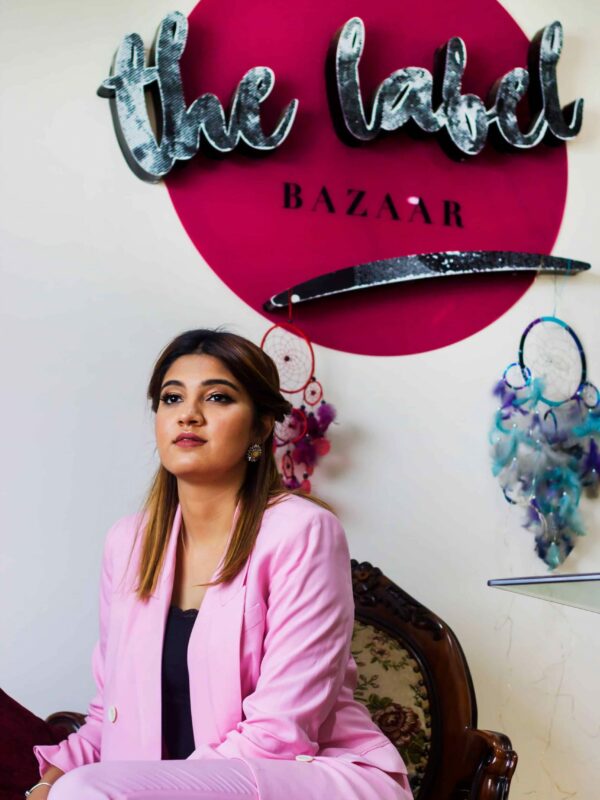The zero tax sanitary pads campaign, which became the priority project for the majority newsrooms in the country, seems to be a battle that might just gain momentum for a little while again and then die out. The algorithm involved in working the mathematics calls out for a separate debate session altogether. While we work on the algorithms to win the debate, all the campaign does is blur out the focus of the whole discussion – economic pads for the homeless/the poor.
The section of women who can spend luxuriously on dildos, lubes and vibrators, tax on the sanitary pads is not a major concern. Anyway, the whole new cloth pad phenomenon seems to shift the focus of these women from the tax debate for a while. While what pertains to be the real issue seems to be lost in the huge dump of these biodegradable and non-biodegradable pile of ideas.
Menstrual hygiene is much beyond taxation; the first step is to accept the fact that there is something called menstrual hygiene. The categorization of sanitary pads under the ‘miscellaneous category’ and not ‘health’ paints a horrifying picture in itself. In such a situation, it is not surprising to note that cervical cancer accounts for 23% of all cancers in Indian women. Women are not angry over paying taxes, they are angry because their health falls under miscellaneous category.

As far as the 80% other women, who do not use sanitary pads, taxation is not even an issue because some of them do not even know the concept. And, the ones who know about the existence of sanitary pads are too embarrassed to use them. So the major issue for the majority of women in India is awareness and accessibility.
It would be rather stupid to assume that, in a country where 80% of women do not use sanitary pads, the government has made no plans.The Indian government launched The Menstrual Hygiene Scheme (MHS) to provide subsidised sanitary napkins in 2011. It was aimed to reach 15 million girls aged 10 to 19 and in 152 districts across 20 states. If the current data is to be believed, it did not reach anywhere. The scheme was lost because of irregular supply of pads. The scheme took off in 107 districts. A pack of six napkins branded as Freedays was sold at Rs.6 by Accredited Social Health Activists (ASHAs). But, the irregular supply from higher level, improper disposal methods and lack of knowledge dominated the central idea of the scheme.
The government schemes to provide sanitary napkins at an economical price to the underprivileged women can be considered applaudable but when it comes to implementation of these schemes, the results are patchy at best. Last year, 40 crores were spent for giving sanitary pads in 18 states and the results prove the scheme was just a waste of tax payer’s money. The condition of menstrual hygiene in the rural areas remains grim and will continue to remain so unless the government takes menstrual hygiene seriously.

For about 469.12 million women in India, the real struggle is knowing about the basics of menstruation. Around 87% of the women in the country are completely unaware of the purpose of their monthly bleeding and just 12% of the total women population have access to these sanitary napkins. The others just use cloth every month to get rid of the ‘dirty’ blood.
The lack of water, private facilities and cultural taboos associated with menstruation keep these women from washing and drying these clothes out in the sun. It becomes difficult for them to keep these napkins free from bacteria and they lose their lies to vaginal infections.
A 18 year old girl in Assam died because parasites had eaten away her intestines. The parasites entered her body through the cloth she used instead of sanitary napkins during menstruation.
A lot of talks are going on about breaking the taboo around periods but that just seem to be a superficial reality. The Instagram accounts and Facebook timelines are full of beautiful faces holding the pads but the real fight is where people do not even have access to electricity. Yes, the talk is necessary to break the shackles but with that talk, the walk is crucial.

The pads are still available at low costs, the government has schemes on paper to save these damsels bleeding their vaginas out, but the implementation at the ground level is zero. Even if the tax on sanitary napkins is reduced, the unaware would still remain untouched of the boons of the modern technology.












